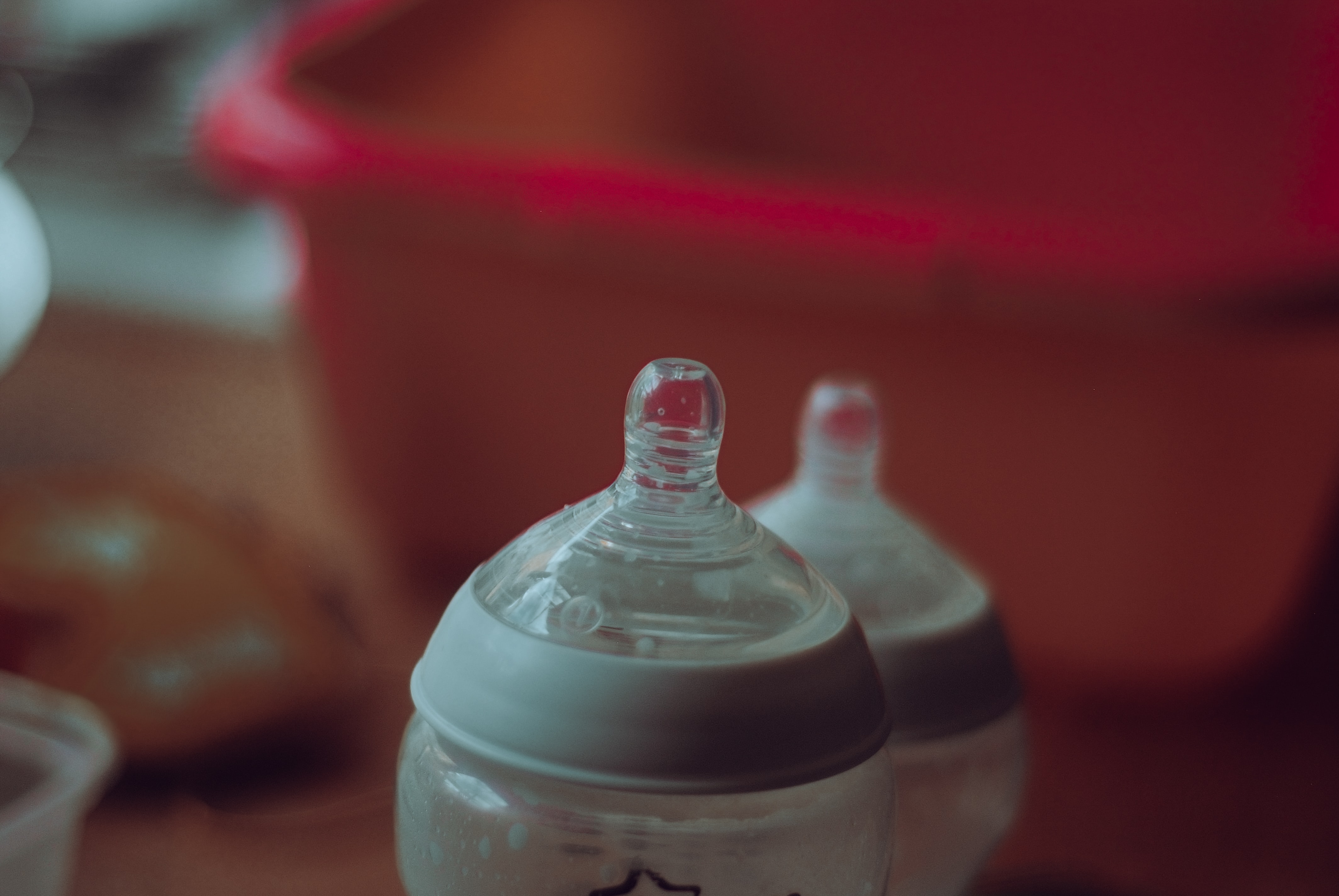News release
From:
Most health claims on infant formula products seem to have little or no supporting evidence
Stricter marketing regulations are urgently needed, urge researchers
Most health and nutrition claims on infant formula products seem to be backed by little or no high quality scientific evidence, finds an international survey published by The BMJ today.
Common claims are that products benefit brain development, immunity, and growth in young infants, but the researchers say “transparency is still lacking” and that revised regulations are needed “to better protect consumers and avoid the harms associated with aggressive marketing of such products.”
Health and nutrition claims on infant formula products are controversial because they can enhance the perceived benefits of formula over breastfeeding and thereby undermine breastfeeding. Yet data on the frequency of claims and their scientific substantiation are limited.
To address this, researchers reviewed health and nutrition claims for infant formula products in a group of high, middle, and low income countries and evaluated the validity of the evidence used to support these claims.
They searched websites of infant formula companies, examined packaging of formula products, and documented claims made about products marketed for healthy, full-term infants in 15 countries: Australia, Canada, Germany, India, Italy, Japan, Nigeria, Norway, Pakistan, Russia, Saudi Arabia, South Africa, Spain, the United Kingdom, and the United States in 2020-22.
They included all health and nutrition claims that linked the product or an ingredient in the product with a potentially beneficial effect on the normal functioning, growth and development, or health of consumers.
They noted the number and type of claims made for each product and ingredient and assessed the level and quality of evidence cited in support of these claims using two widely used risk of bias tools.
They identified 757 infant formula products, each linked to an average of two claims (ranging from one in Australia to four in the US) and 31 types of claims across all products
Of 608 products with one or more claims, the most common claim types were “helps/supports development of brain and/or eyes and/or nervous system” (53% of products, 13 ingredients), “strengthens/supports a healthy immune system” (39% of products, 12 ingredients), and “helps/supports growth and development” (37% of products, 20 ingredients).
In all, 41 groups of ingredients were identified that had one or more claims linked with them, but many claims were made without reference to a specific ingredient (307 or 50% of products).
The most common groups of ingredients cited in claims were long chain polyunsaturated fatty acids (46% of products, 9 different claims); prebiotics, probiotics, or synbiotics (37% of products, 19 claims); and hydrolysed protein (20% of products, 9 claims).
Across all countries, 161 out of 608 (26%) of products with at least one claim provided a scientific reference to support the claim. No scientific reference was provided for most (74%) of products making specific health claims.
When references were provided, 56% reported findings of clinical trials while the rest were reviews, opinion pieces, or other types of research including animal studies. Only 14% of citations that referred to clinical trials were prospectively registered, and 90% of claims that cited registered clinical trials carried a high risk of bias.
What’s more, 88% of registered trials had authors who either received formula industry funding or were directly affiliated with industry.
These are observational findings and the researchers point to some limitations, such as possible inconsistencies in data collection or missing products, which could have affected their results.
However, this study included evidence from a range of countries and information was collected in a way that enabled the team to formally document the relationship between health and nutrition claims and ingredients cited in infant formula.
As such, the researchers conclude: “These findings support calls for a revised regulatory framework for breast milk substitutes to better protect consumers and avoid the harms associated with aggressive marketing of such products.”
In a linked editorial, Nigel Rollins at the World Health Organization agrees that authorities should move to protect infants and parents from commercial interests.
He acknowledges that in a busy world, health professionals and families lack the time to properly scrutinise claims, but points out that self-regulation has not worked, and responsible, ethical marketing by the formula industry seems unlikely.
“Regulatory authorities must therefore decide whether the use of such apparently misleading evidence is acceptable or hold the formula industry to higher standards, require better products based on high quality evidence, and review standards,” he writes.
“On the basis of this study, governments and regulatory authorities must commit the necessary time and attention to review the claims of formula milk products and the evidence provided and thereby protect infants and parents from commercial interests,” he concludes.



 Australia; International; NSW
Australia; International; NSW



